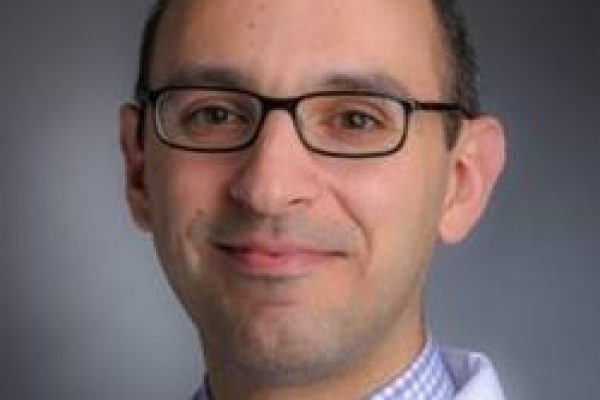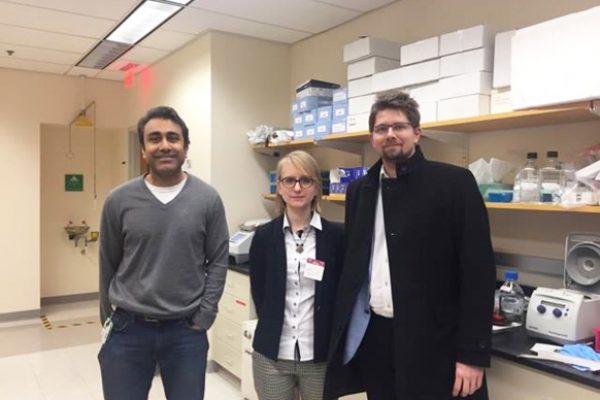Lodz-Boston Research Team in Search of Drug Combination for Pancreatic Cancer
Pancreatic cancer is one of the cancer types of the poorest prognosis. Despite treatment, over 75% of patients die within a year of the diagnosis. A complete tumor removal maximizes the chance of survival, however, only one in five patients can undergo such an intervention. Auxiliary treatment such as chemotherapy and radiotherapy increase the survival chance only to a little degree. Therefore, a new pancreatic cancer drug treatment, “tailor-made” to extend survival, is urgently sought-after. Despite promising initial outcomes, the available therapies proved ineffective due to high degree of cancer cell plasticity which become resistant to the applied drug only after several days of therapy.
The question arises then, how to reduce chemoresistance to pancreatic cancer treatment.
In „Compensatory Metabolic Networks in Pancreatic Cancers Upon Perturbation of Glutamine Metabolism”, an article published on 3rd July 2017 in a prestigious journal Nature Communications, the researchers from Dana-Farber Cancer Institute (Harvard Medical School) in collaboration with the scientists from The Medical University of Lodz compiled a new chemotherapy protocol which hinders the resistance development and cancer cell growth.
The researchers from Lodz used a unique approach based on bioinformatic tools applied to predict the activity of the available drugs and bioactive substances. Since the developed combination involves already authorized drugs, its clinical analyses will be less complicated then new drug registration and authorization. Such a procedure, referred to as “drug repurposing”, gains an increasing popularity as the need for new, target oncology treatment is ever increasing while the process of drug registration is still time-consuming.
Joseph Mancias, Alec Kimmelman and Douglas Biancur are the main authors of the project.
Prof. Wojciech Fendler, the Head of the Department of Biostatics and Translational Medicine of The Medical University of Lodz and his postgraduate student Dr Beata Małachowska are Polish co-authors of the project.
Paper: www.nature.com/articles/ncomms15965.pdf
Department website: biostat.mul.edu.pl
Joseph Mancias (Dana-Farber Cancer Institute) – Project Coordinator
Wojciech Fendler (left), Beata Małachowska (middle) visiting Dana-Farber Cancer Institute prof. Dipanjana Chowdhury’s Laboratory (right).









